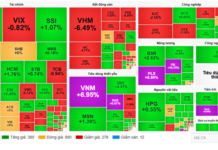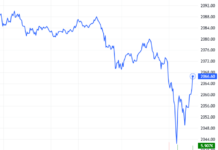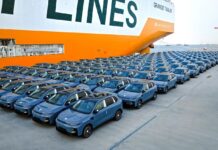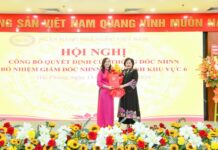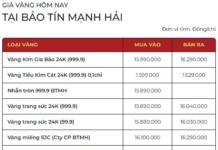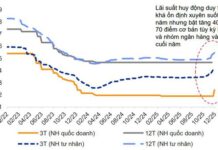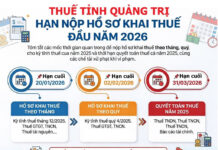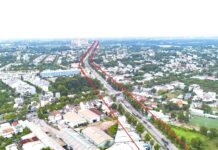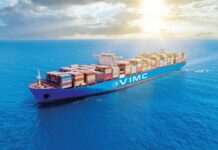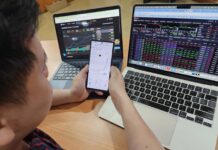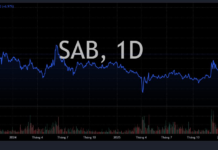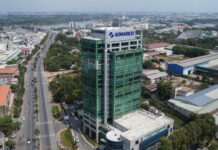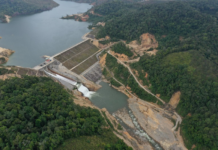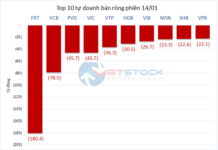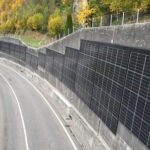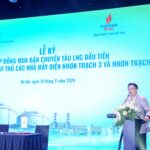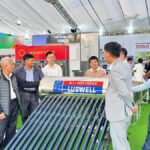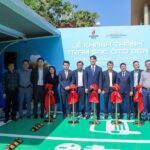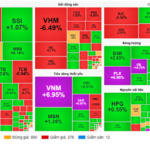According to Reuters, the U.S. Department of Commerce announced on November 29 a new round of tariffs on solar panels imported into the U.S. from four Southeast Asian countries: Malaysia, Cambodia, Vietnam, and Thailand. The decision follows complaints from U.S. manufacturers about unfair competition from solar panel producers in these countries.
This is the second preliminary decision by the Department of Commerce in the case filed by Hanwha Qcells (South Korea), First Solar Inc., headquartered in Arizona, and several other small American companies against solar panel imports from the aforementioned Southeast Asian countries. The first preliminary decision was issued in October.
The group of American companies, self-proclaimed as the American Solar Manufacturing Council, accused large Chinese solar panel manufacturers of setting up factories in Malaysia, Cambodia, Vietnam, and Thailand, leading to a price dump of their products in the U.S. market.
As per the preliminary decision posted on the Department of Commerce’s website on November 29, the agency imposed anti-dumping duties ranging from 21.31% to 271.2% on solar panels from Malaysia, Cambodia, Vietnam, and Thailand, depending on the producing company.
Products of Jinko Solar (China) are subject to a 21.31% tariff when originating from Malaysia and 56.51% from Vietnam. Meanwhile, Trina Solar (China) faces duties of 77.8% for its Thai-made products and 54.46% for those produced in Vietnam.
Contrarily, the Department of Commerce did not impose anti-dumping duties on products manufactured by Hanwha Qcells in Malaysia. In October, the department had calculated a 14.72% tariff on the company’s products.
“With these preliminary duties, we are taking a step toward addressing unfair trade practices and restoring a level playing field for this important industry, protecting billions in American investment in the manufacture and expansion of U.S. solar supply chains,” said Tim Brightbill, a partner at Wiley Rein law firm and lead trade counsel to the group of companies filing the case.
Most solar panels installed in the U.S. are imported, with about 80% originating from the four Southeast Asian countries now subject to the anti-dumping duties.
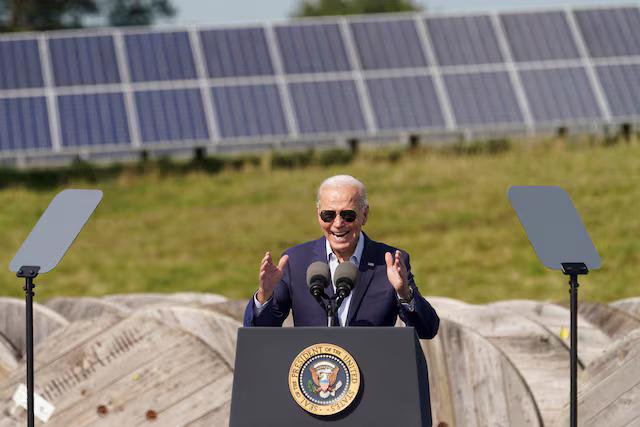
The Biden administration has been particularly attentive to China’s massive investments in boosting clean energy production. To promote the development of this industry domestically, the Biden administration provides substantial subsidies to American companies manufacturing clean energy products through the Inflation Reduction Act. This has been a significant incentive for the recent establishment of new solar panel factories in the U.S.
Criticizing the Inflation Reduction Act as too expensive, President-elect Donald Trump has nonetheless affirmed that he will impose strong tariffs on various export items to protect American workers.
Solar Power Installation on Noise Barriers Along the Expressway
The Swiss government estimates that over 100GWh of solar energy could be generated annually from solar panels installed on noise barriers along roads and highways. This untapped potential presents a significant opportunity to harness clean, renewable energy and power thousands of homes sustainably. With Switzerland’s commitment to reducing carbon emissions and investing in green infrastructure, this innovative approach to energy generation could play a pivotal role in the country’s transition to a low-carbon economy.
The Capital’s First Electric Vehicle Charging Station Unveiled by Energy Giant: A Peek into Q3 2024’s Impressive Five-Fold Profit Spike
For the first nine months of this year, PV Power’s revenue reached VND 21,686 billion, with an after-tax profit of VND 1,111 billion, an increase of 1% and 26% respectively compared to the same period last year.

